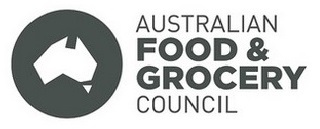 The Consumer & Shopper Journey Framework has been developed by representatives from retailing, manufacturing, experts in loyalty card analytics and specialized consultants from the fast moving consumer goods (FMCG) business for ECR (Efficient Consumer Response) Europe. As the core of this work is the goal of providing a clearer understanding of the changes and their causes that are occurring in the definition of “consumer and shopper value” and how retailers and manufacturers can leverage this understanding in strategies that deliver benefits for consumers and increased sales and profits for retailers and manufacturers.
The Consumer & Shopper Journey Framework has been developed by representatives from retailing, manufacturing, experts in loyalty card analytics and specialized consultants from the fast moving consumer goods (FMCG) business for ECR (Efficient Consumer Response) Europe. As the core of this work is the goal of providing a clearer understanding of the changes and their causes that are occurring in the definition of “consumer and shopper value” and how retailers and manufacturers can leverage this understanding in strategies that deliver benefits for consumers and increased sales and profits for retailers and manufacturers.
The new definition of “value” is being driven by a host of changes that are occurring in the marketplace, including the dynamics of the new economy, new consumer sociological and demographic changes, the enormous impact of digital communications on our daily lives, a more critical consumer, consumers’ expectations on sustainability, the rise of new health and medical needs, and many more.
Access 'blue books' from the ECR library by clicking here.

 Share Article
Share Article 